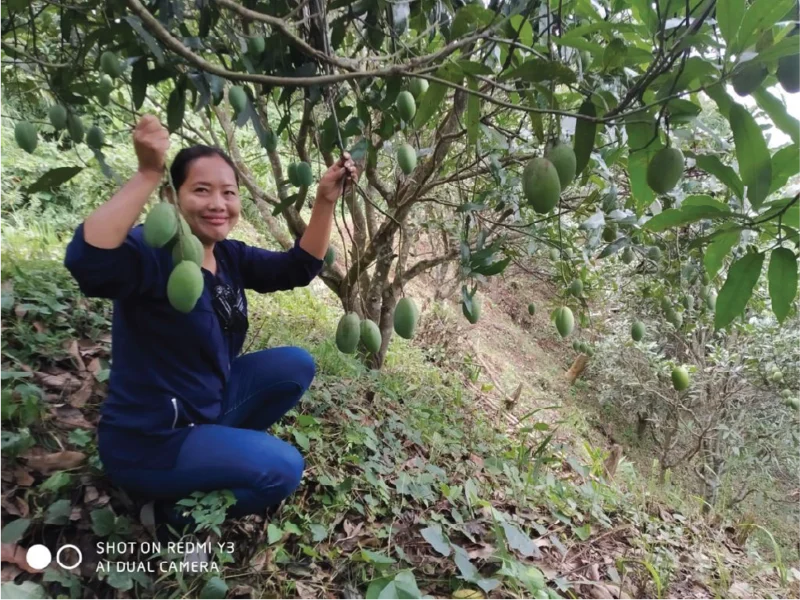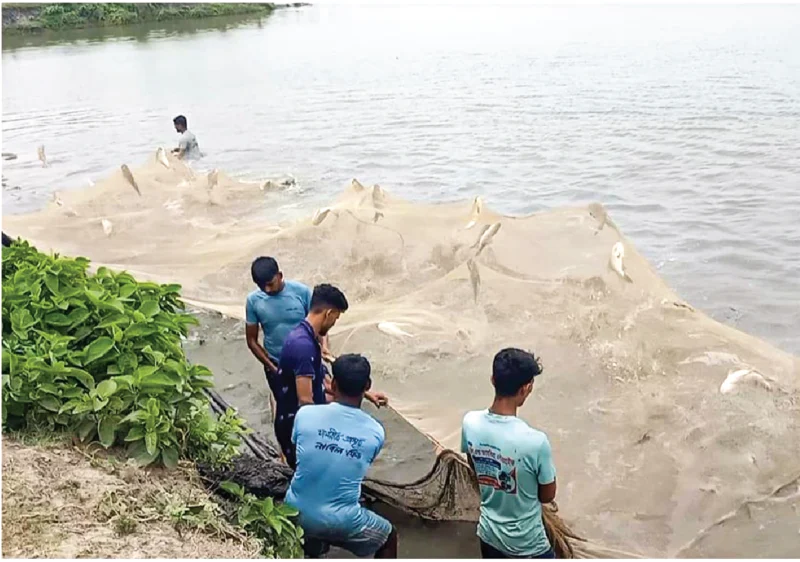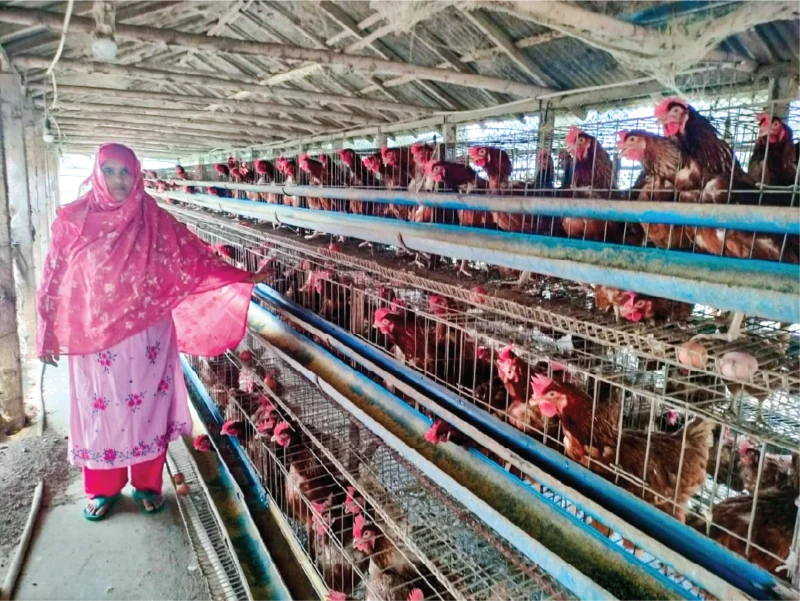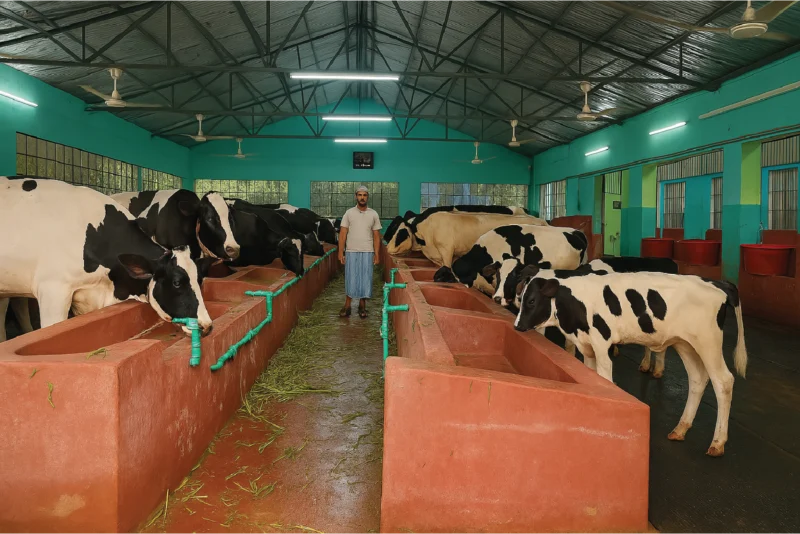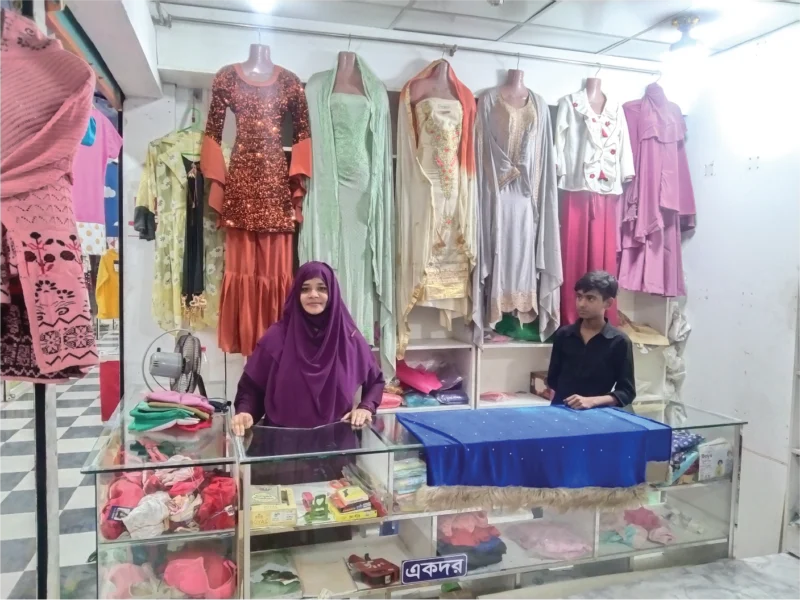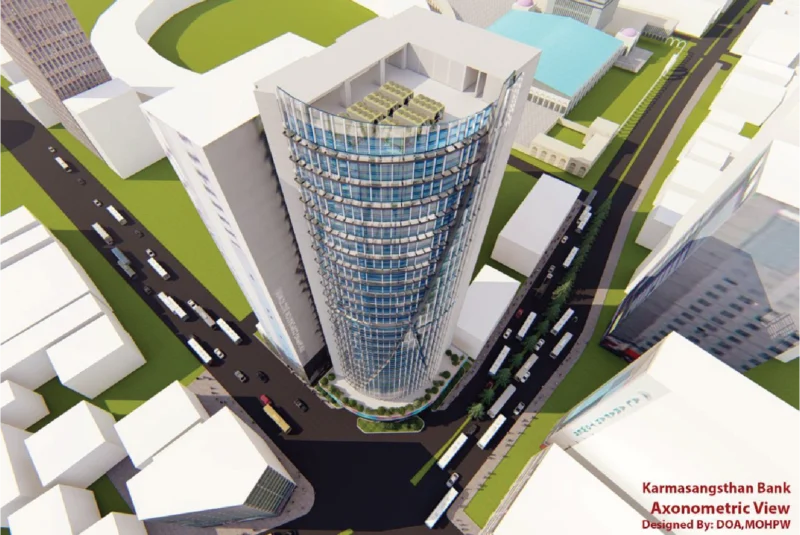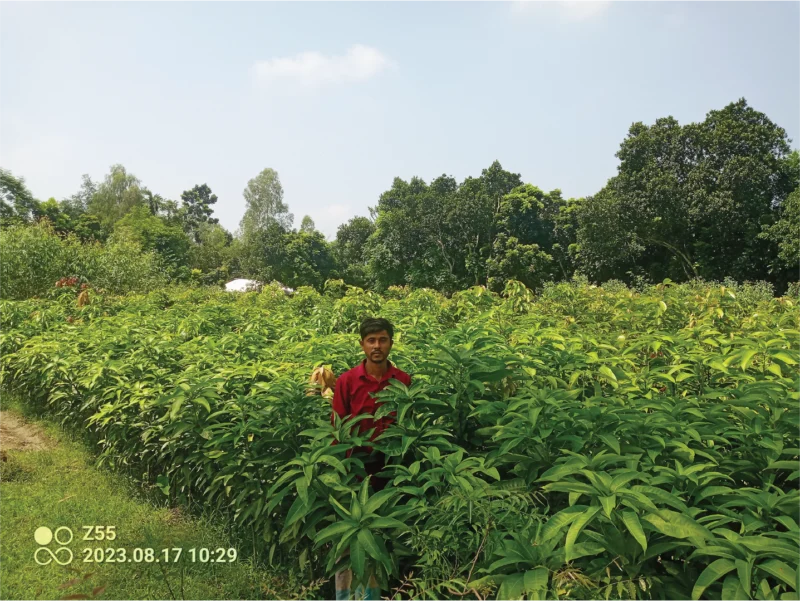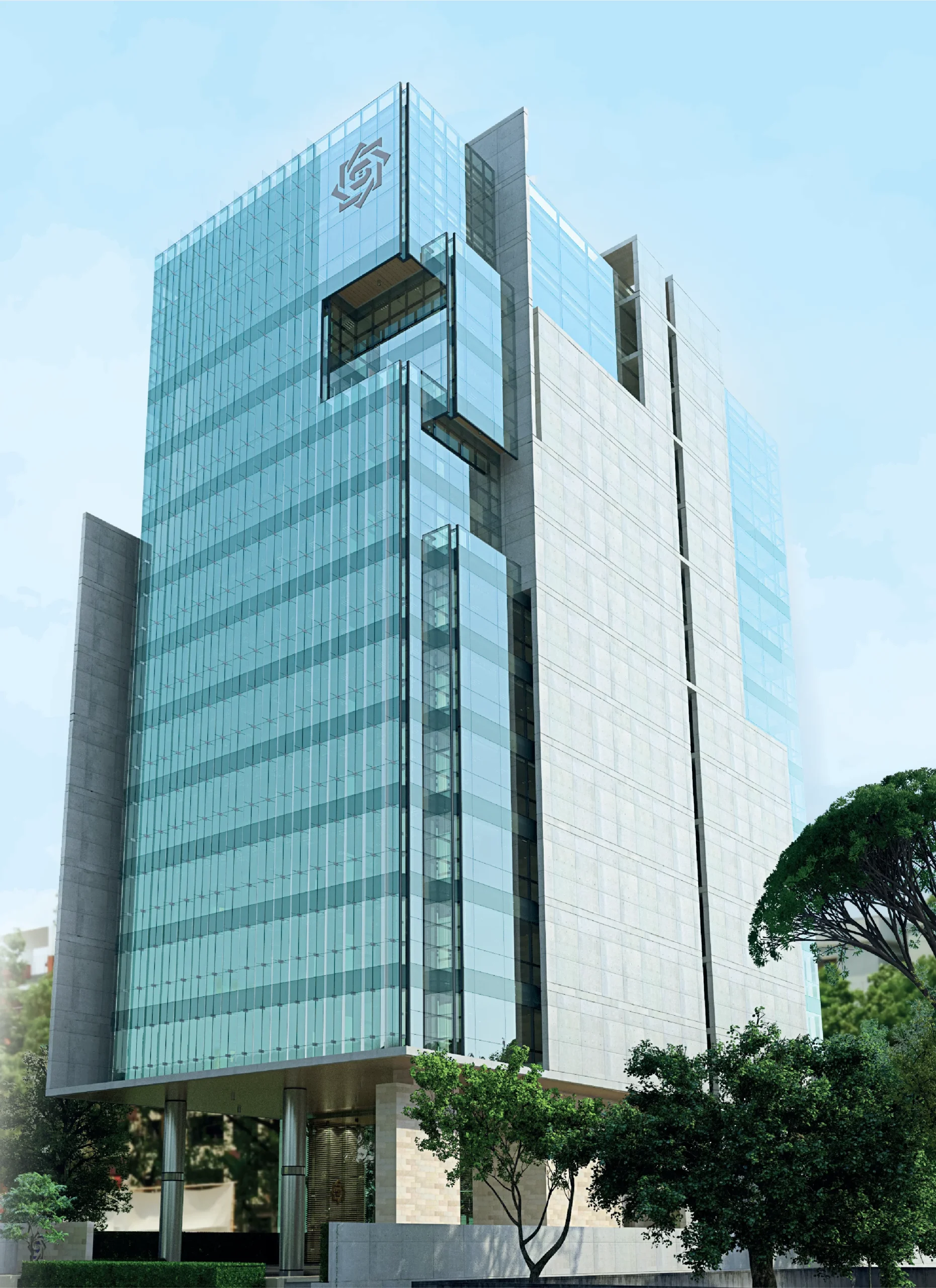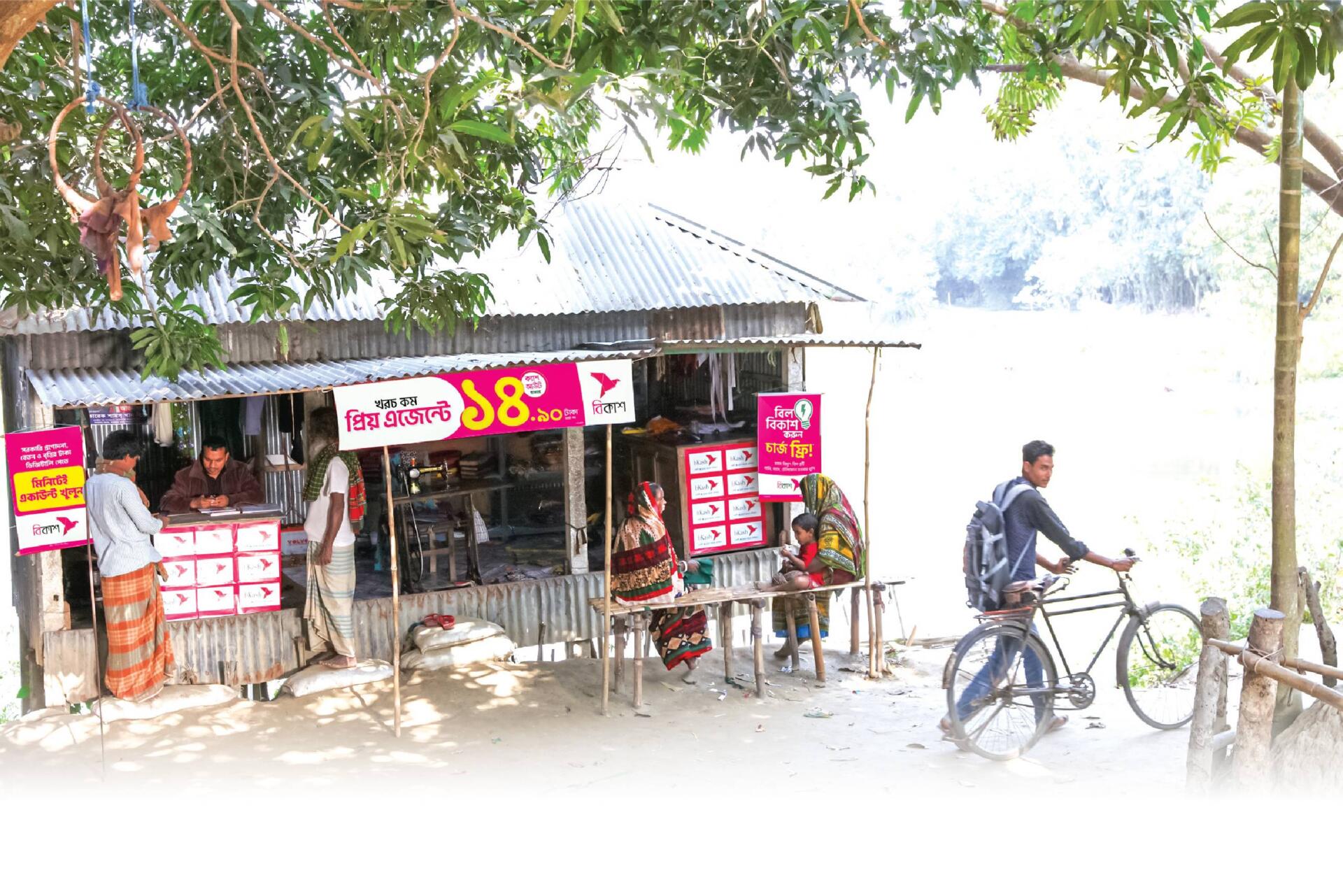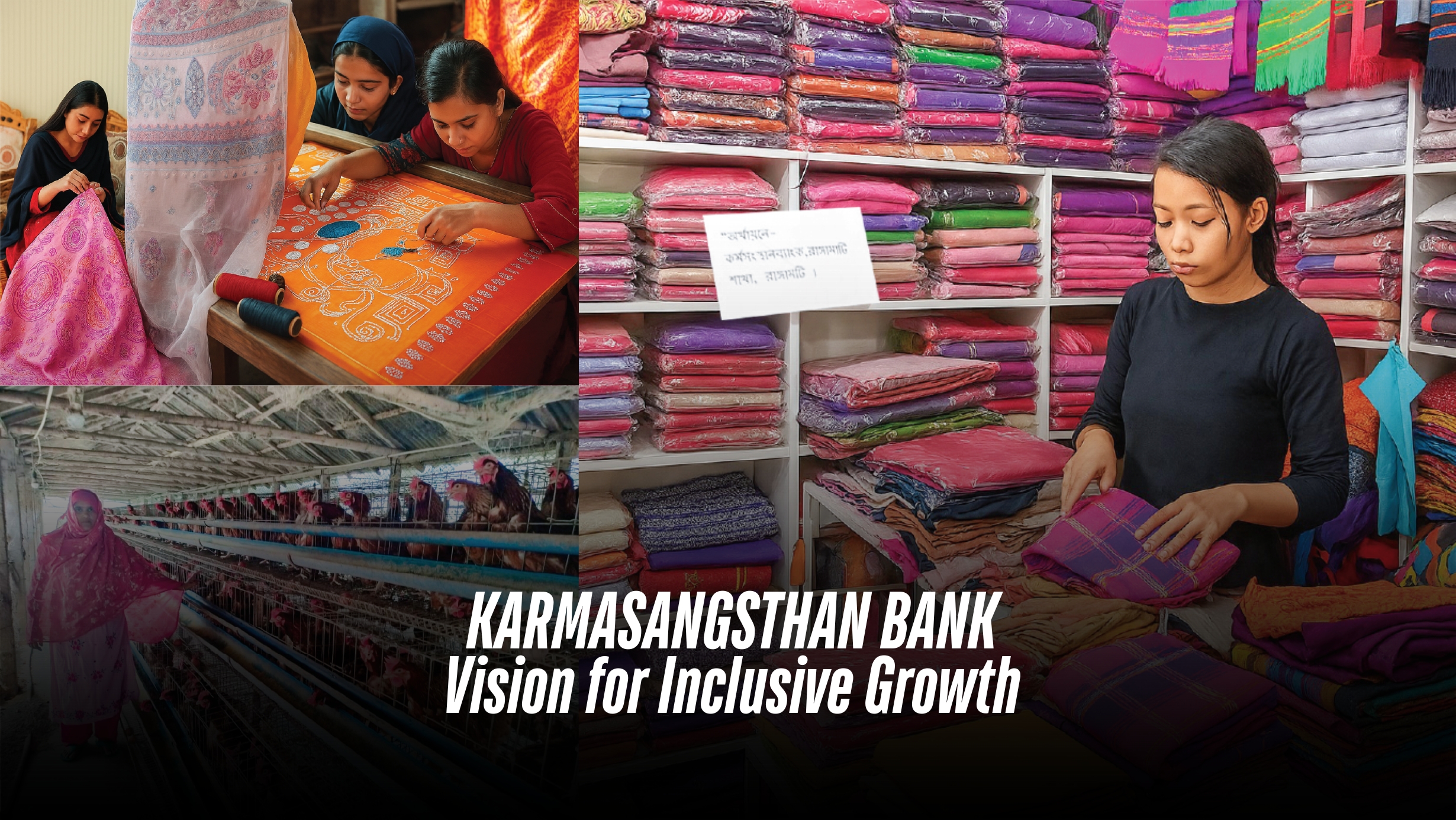
Karmasangsthan Bank is a unique state-owned social bank in Bangladesh, established in 1998 to turn unemployed youth into entrepreneurs. Its mission is to extend financial services to underserved communities and foster sustainable businesses. Literally translated as the “Employment Bank,” it empowers aspiring entrepreneurs to transform their ideas into sustainable ventures. Born from a national vision for inclusive economic development, the bank has dedicated itself to bridging the financial gap for underserved segments of society, particularly in rural areas. This focus on inclusive growth sets it apart from conventional commercial banks and makes it an essential instrument for national development.

Under a government mandate and with initial capital of Tk 300 crore, Karmasangsthan Bank was created to tackle unemployment by funding small enterprises. Over time, government backing has expanded its loan pool to around Tk 4,500 crore, amplifying its reach. Its core purpose remains nurturing grassroots entrepreneurship and uplifting marginalised groups. Karmasangsthan Bank tailors its products to the needs of unemployed youth and small-scale entrepreneurs. Its flagship offerings include: Low-interest and interest-free loans for start-up ventures, microcredit schemes designed for first-time borrowers and special financing packages for persons with disabilities.
The bank’s board unites professionals from financial and administrative backgrounds, ensuring strategic oversight and mission alignment. In November 2024, Dr AFM Matiur Rahman took the helm as the 14th chairman, while Arun Kumar Chowdhury guides daily operations as Managing Director. Their stewardship has driven both stability and innovation. With over 285 branches and 1,800 employees spanning every district and most upazilas, Karmasangsthan Bank brings its services to urban centres and remote villages alike. This footprint underscores its commitment to rural financial inclusion and fuels broader socio-economic development across Bangladesh.

Beyond financing, Karmasangsthan Bank serves as a catalyst for community uplift. Its operations blend government policy, entrepreneurial mentoring, and localised development initiatives—proving that a bank can be a powerful tool for social transformation. To reach the unbanked, the bank is rolling out mobile banking apps, digital payment gateways, and online portals. These technologies bridge geographic divides, making services more accessible to rural and marginalised populations.

Through initiatives like this, Karmasangsthan Bank continues to fulfil its mission of fostering a balanced economic structure by converting the population into productive manpower and reducing unemployment. Currently, Bangladeshi citizens aged 18 to 50 are eligible for loans up to Tk 5 lakh without collateral and up to Tk 75 lakh with collateral. Thanks to its outstanding performance across key indicators, Karmasangsthan Bank ranked first among state-owned specialised banks for the last two consecutive fiscal years. The government approved the construction of a 25-storey multi-purpose building atop a four-storey basement at a cost of Tk 260 crore. This project will be built on 37 decimals of land formerly belonging to the Times-Bangla Trust in Motijheel, Dhaka, now registered under the bank’s name.
Since Karmasangsthan Bank operates under a similar model as Grameen Bank, the government should consider granting it full tax exemption. This measure would enable the bank to lower its interest rates further, providing greater support to unemployed and poor borrowers. Additionally, the nation would benefit from more affordable products, fostering a competitive market environment.
Bank’s Performance
Karmasangsthan Bank has lent Tk 18,000 crore to over 1.2 million youth, indirectly benefiting some 4.2 million people. Its recovery rate is about 96%. Currently, approximately 2,25,000 entrepreneurs—30% of whom are new each year and 40% of whom are women—tap into its schemes, with a total of about Tk 4,300 crore in outstanding loans. In the last fiscal year (July 2024–June 2025), Tk 2,838 crore was disbursed in self-employment loans to 1,25,000 entrepreneurs. Tracking job creation and enterprise growth provides clear evidence of its social footprint. The breakdown includes:
Cattle fattening: Tk 1,595 crore (56.2%) to 76,744 individuals.
Dairy farms: Tk 525.36 crore (18.5%) to 24,712 individuals.
Fisheries: Tk 126.75 crore (4.5%) to 5,832 individuals.
Poultry farms: Tk 15.43 crore (0.6%) to 745 individuals.
Agro-based industries and nurseries: Tk 11.28 crore (0.4%) to 530 individuals.
Commercial sector: Tk 160.35 crore (5.65%) to 7,309 individuals.
Service sector: Tk 76 crore (2.65%) to 3,669 individuals.
Small and cottage industries: Tk 53.84 crore (2%) to 2,531 individuals.
Other sectors: Tk 275 crore (9.5%) to 2,100 individuals.
During the same period, the bank earned Tk 408.37 crore in revenue against operational expenses of Tk 270.33 crore. Its pre-tax profit stood at Tk 138.04 crore, and it paid Tk 19 crore in advance corporate income tax.

Customer Success Stories
Rezaul Haque, a 45-year-old resident of Sundarpur in Paba Upazila (Rajshahi), transformed his life through commercial fish farming. With an initial loan of Tk 50,000 from the Rajshahi branch of Karmasangsthan Bank, Rezaul received subsequent training from the Department of Fisheries and the Department of Youth Development. Starting modestly, his venture expanded over 95 bighas of water bodies. Today, his investment has soared past Tk 1 crore, and he earns an annual income of about Tk 10 lakh. His journey not only provided him with financial stability but also inspired many local youths to explore similar opportunities, contributing to the region’s growing protein demand.
Broadening Horizons in Aquaculture
Another remarkable example is Borhan Uddin from Bagsara village. After securing a loan from the bank, Borhan invested Tk 75 lakh in a fish-farming business. With clear prospects for future expansion, his investment is expected to hit Tk 1 crore in the near future. His success story is a testament to how specialised loan products, combined with financial guidance, can spur rapid growth and foster entrepreneurship at the grassroots level.
Retail and Small Business
Beyond aquaculture, Karmasangsthan Bank has also empowered entrepreneurs in the retail and small-business sectors. For instance, Shahajahan Ali, owner of a local enterprise in Nawhata Municipality Market, has been utilising the bank’s credit support for over a decade to sustain and grow his business. Similarly, Mokbul Hossain, who runs a shoe store in the same market, successfully expanded his operations with consistent financial backing.
Beef Fattening and Dairy
To promote food security and create employment opportunities, low-interest loans have been extended to farms and individuals engaged in cow fattening. This initiative has already led to notable advancements in both beef and milk production. Especially since the cessation of cow imports from India, the bank’s loan programme has transformed this sector. As a result, many people have found work in animal husbandry, with farmers embracing indigenous methods to ensure the production of safe beef.
Inclusive Lending and National Impact
Chairman Dr AFM Matiur Rahman highlighted several impactful programmes: loans to families of martyrs and those injured during the July 2024 Revolution are offered at just 8% interest—a rate at least 6% lower than most banks. Trained unemployed youth can access loans with interest rates starting at 4%, 6%, 8%, and with the highest ceiling of 9.75%—terms unmatched by any other bank or NGO. The ‘Sanchita’ programme offers loans at 8% simple interest to support women’s financial inclusion and economic empowerment. The bank’s primary sources of funding include the Government of Bangladesh, Bangladesh Bank, foreign donor agencies, and the SME Foundation. Unlike commercial banks, Karmasangsthan Bank does not accept public deposits, making capital collection a major challenge in response to rising loan demand.
Sustainable Finance and Green Banking
Managing Director Arun Kumar Chowdhury emphasised the bank’s commitment to sustainability. While disbursing loans, Karmasangsthan Bank prioritises eco-friendly projects to preserve a liveable environment for future generations. The bank also upholds ethical banking practices. In green banking, Chowdhury stressed the importance of aligning economic progress, social development, and environmental preservation. To promote sustainability, the bank places special emphasis on creating decent employment. It has taken measures to accelerate job creation in rural areas by offering clustered loans, supporting more new customers, and expanding training programmes. These efforts aim to reduce loan-default risks and foster long-term entrepreneurship.

Given the national budget’s overarching goals of poverty alleviation and employment creation, the bank plays a critical role in controlling inflation, boosting rural production, and creating opportunities for unemployed youth. Therefore, regular and substantial government financing through the national budget is essential. Dr Rahman further advocated opening branches in every upazila and union across the country. He stated that the bank “breeds money without printing,” meaning any government investment not only benefits the nation but is returned with principal and interest—not a single taka is wasted.
The bank’s CSR programmes include financial literacy workshops and community development projects. Collaborations with the Department of Youth Development, local NGOs, and international agencies further bolster its capacity. Customised regional strategies ensure balanced growth between urban hubs and rural districts. From its 1998 inception to today, Karmasangsthan Bank stands at the nexus of tradition and transformation. By providing accessible, tailored financing and embracing technological innovation, it continues to ignite entrepreneurship, strengthen communities, and drive Bangladesh’s inclusive grow.



